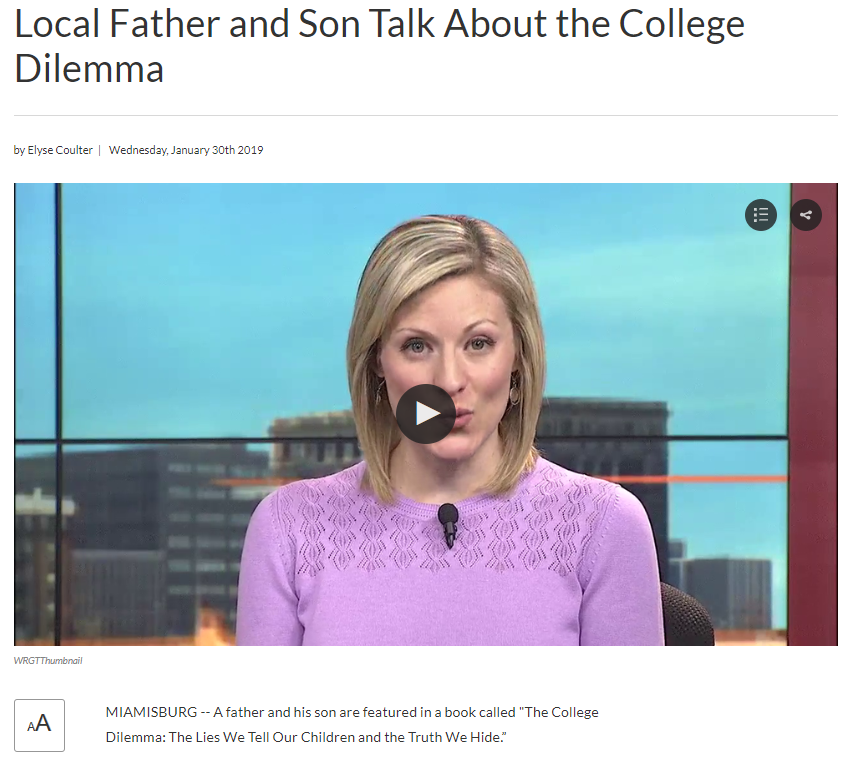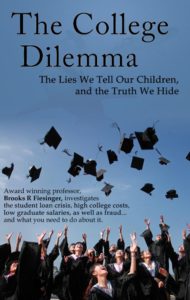I read “The Millionaire Next Door” a number of years ago. I thought the book was incredibly enlightening, and I fully understood why the book was so popular.
It reaffirmed many of my suspicions about the wealthy, and believe it is a book worthwhile of the time for any person hoping to see success in life.
I read this book again last week after being shared the review from Adam Kirdzik. I think it is helpful to re-read books, and while I try to read about 20 books a year that are new, I often reread other books as well. There are a number of books I’ve probably read over a dozen times.
After I read the book, I was jazzed up, and was doing some ancillary research online. I like to do research on books I read and get further engaged with the content than simply reading what is on the page.
In doing so, I found a semi-sequel called “The Millionaire Mind”. I call it a semi-sequel because its not officially a sequel, but it came out afterwards on the same topic, references the original book, but was by only one of the two researchers who created the first book.
Still excited about the Millionaire Next Door and ready to engage more, I picked up the book and went at it. Its a nice concise book, and I got through the whole thing in a single sitting in a single evening.
I enjoyed the book, and it gets substantially high reviews on amazon and elsewhere. The problem occurred however when I actually started thinking about what I read. Despite several reverences to the Millionaire Next Door, some of the information Stanley presented was in direct conflict with the research in the Millionaire Next Door.
While I love direct research which presents new insights instead of simply regurgitating the same public statistics everyone else is looking at, there seems like there is direct conflict between the two research studies with no explanation or clarity regarding why the conflict exists.
The clearest is that in the first book, the authors suggest that the Millionaire is living in the same neighborhoods as less affluent middle class individuals, and yet the second book suggests that they decided to do their entire survey on only the wealthier neighborhoods where millionaires resided.
Then they drew their conclusions based only on these wealthier neighborhoods that they chose to study. This introduces what we know in statistics as “Selection Bias”. If you choose only red haired millionaires as part of your survey, then all millionaires will be reported as having red hair. This is not representative of the actual market.
Some statistics really seemed concerning, like the idea that about 75% of those surveyed in these neighborhoods actually were millionaires, which completely and utterly conflicts with the statements alluded to in the millionaire next door. In fact the title of the book supports this inconsistency.
Once this single inconsistency is called into question, then we have to question everything that is read. Stanley states things like the average house value and why those wealthy people choose the houses they live in, but earlier in the book fully acknowledges that he only chose certain neighborhoods based on other research showing they had high concentrations of wealthy individuals. Then Stanley’s findings state things such as the value of those houses which he had control in selecting?
If one of the data analysts who works on my team submitted research like this to me, I’d take it as a teaching moment and have them head back to the drawing board on the conclusions they are making, and I’m surprised someone with Stanley’s credentials is falling into this pitfall.
All in all, I found it a good read given how quick it is. Anyone reading it however should be strongly advised that the research is more anecdotal than a real representative sample. It is original research, and it is enlightening in many cases, but when you are reading it keep in mind that it is not fully objective, and the results presented cannot be interpreted as fact.
Just because it isn’t fact doesn’t mean it can’t still over value in understanding the lives and behaviors of the wealthy. Take each stat with a grain of salt, but go ahead and pick the book up off the shelf and give it a quick read.
You can buy it from Amazon below:




